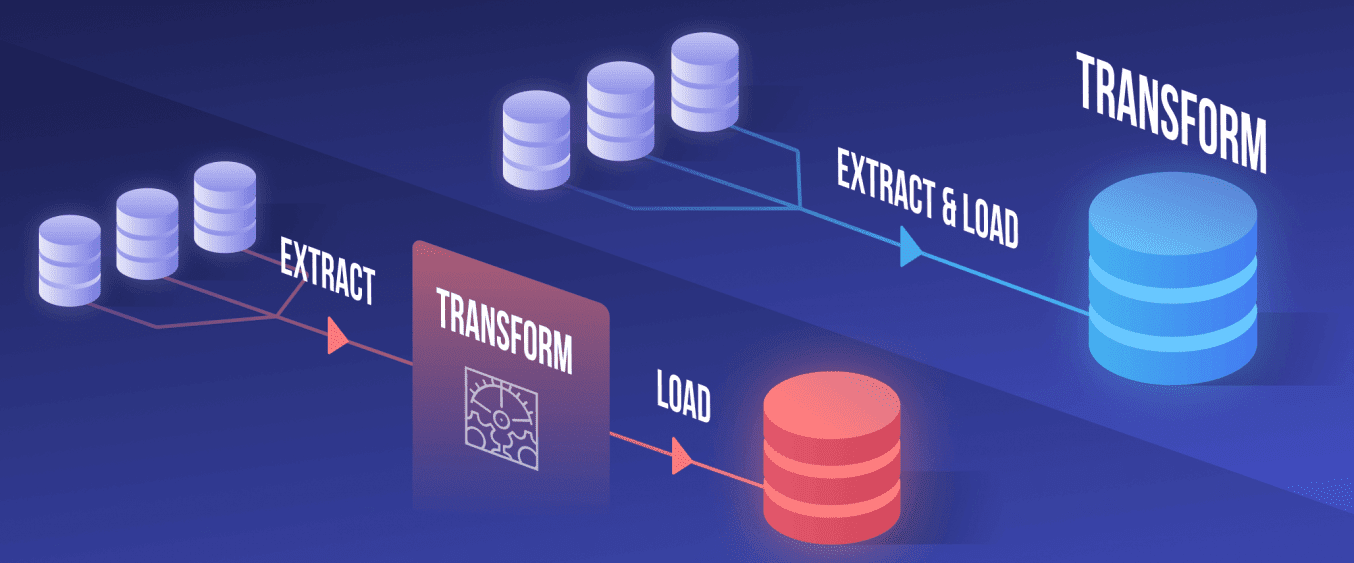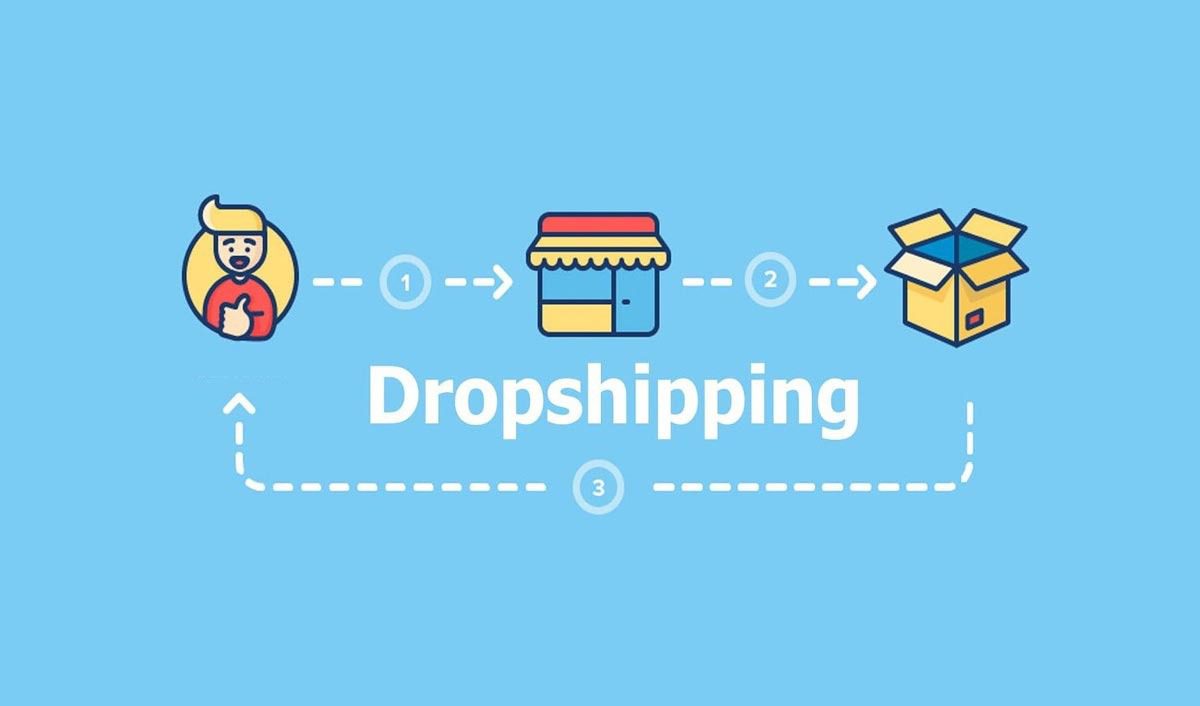
Predictive analytics and lead scoring are tightly knitted factors for a company from a sales and CRM perspective. Every company starts its sales engine to acquire as many leads as possible regardless of the quality. However, once the number passes a certain threshold, it is important to justify the quality of leads.
The reason behind that is simple. Not every lead is a sales prospect, and likewise not every lead the sales team may be hustling over is bound to convert. In this situation, it becomes necessary to assign a value to a plausible prospect that enters the sales pipeline. This is where lead scoring bears the maximum amount of fruit for both enhancing the quality of sales and CRM (customer relationship management).
The only hiccup however is that the traditional lead score is based on certain attributes and buyer persona. A buyer persona that the company justifies from its historical data as a plausible customer and a buyer persona of clients that the company wants to acquire as prospective customers. This buyer persona only covers certain attributes of a client and completely ignores tonnes of massive data that could affect the lead score.
In this article, we will try to discuss the ways AI can enhance your sales and CRM operations but before that let’s learn how AI works to enhance the quality of these operations.
How is AI providing well-versed insights for Predictive Analytics and Lead Scoring?
Let’s say, for instance, a company follows the following attributes for generating the lead score:
- Annual revenue
- Email opens
- Company size
- Geolocation
However, there can be plenty more attributes that can be used for lead scoring for instance technological acquisition, roles & responsibilities in the company, hiring patterns, technological changes, etc.
These are often overlooked because it is virtually impossible for any sales and marketing to fill in the gap. It is because even if you acquire 100s of leads in a month with a decent size team, extrapolating correct data for the operation is hard. Also, it is important to note that predictive analytics is based on historical data. Therefore, the accuracy of the data can make or break the campaign as well as the strategy.
Right now, the market is flooded with plenty of AI-based lead-scoring platforms with both huge and small players. There are tons of top artificial intelligence companies working to create new solutions for the same use case. Some of the most popular names in this segment are Salesforce CRM, Pardot, Marketo, etc.
These platforms have AI and ML algorithms that provide capabilities to scrape data for finding relevant metadata for building lead scores as well as the capability to assess historical data for smart insights.
Adding to it, some of these tools are so big that they have their own database for clients and customers providing real-time data to the customer for generating an accurate lead score.
The great thing about AI and ML integration is that it continuously evolves the sales engine and matures to provide lead scoring that benefits the efforts of the sales and CRM team. It gives them enough leverage to prioritize pursuing plausible customers that can become a client or wants to stay as clients.
Top 5 Ways AI can affect Predictive Analytics and Lead Scoring in Sales and CRM
Here are the top 5 ways AI affects predictive analytics and lead scoring for sales and CRM efforts. Let’s dive in:
Improved Accuracy of Data Collection
An article from IBM mentions that the amount of data that will require analysis would reach 150 Zettabytes by 2025. To put that into an understandable number i.e. 150 trillion gigabytes. If the work of assessing data is done manually, it would be virtually impossible to fill in sufficient details.
Adding to it with so much manual data entry, the chances of manual errors are imminent. This is the reason we are seeing a rise in the IDP (Intelligent document processing) market. With AI integration, the AI-based tools do all the heavy lifting and provide as much data as possible while putting in minimal manual effort.
Personalization of Data
Data personalization is important. No two clients are similar and no two clients have similar requirements. Therefore, it becomes necessary to personalize data into various facets that resonate with the value as service providers we can provide.
For instance, if we have a database of 1000 leads, and it is a well-stated fact “Geolocation” plays an important role in terms of service acquisition. A filter can be easily applied to figure out leads that are in the vicinity.
In terms of CRM also, there is a possibility to review the customer purchase behavior and based on that provide them with custom offers and discounts for higher satisfaction and retention.
Real-time Updates
Unlike its human counterpart, machines aka softwares in this case run 24*7. Once deployed, they are inexhaustible. These AI-based platforms provide real-time updates for any changes that have occurred. These updates can be in the form of mobile notifications, emails, or the user can simply check out the dashboard to review the data.
Enhancement in the Quality of Predictions
With constant updation of the data both from the platform and the organization’s side, the quality of prediction is bound to increase. Remember as we told that predictive analytics is based on historical data. Therefore the more the data and the more diverse it is, the better will be the predictions of the AI engine at work for providing insights.
Better Use of Resources
An article by Smartsheet states that about 40% of employees spend a quarter of their time on manual tasks. This includes employees both from the sales and CRM departments. With AI integration, this work could be reduced to permissible limits with much less manual overload on the employees. This would liberate them from the clutches of manual work and aid them in providing more strategic value to the company.
{Also Read: 4 Ways Artificial Intelligence Can Improve Your Business}
Wrapping Up!
To truly leverage the power of AI for sales and CRM, companies could summon their own in-house team or ask for help from the best artificial intelligence companies. It is considering that the company provides consultation services for relevant solutions too. Adding to it in order to grow, it is important to stay in touch with the existing data and acquire data to create a complete narrative. AI-based sales and CRM platforms are basically created for the same use case. Also, if you haven’t decided on implementing one to enhance the existing activities, sooner or later, you might be lagging ten steps behind your competition.








